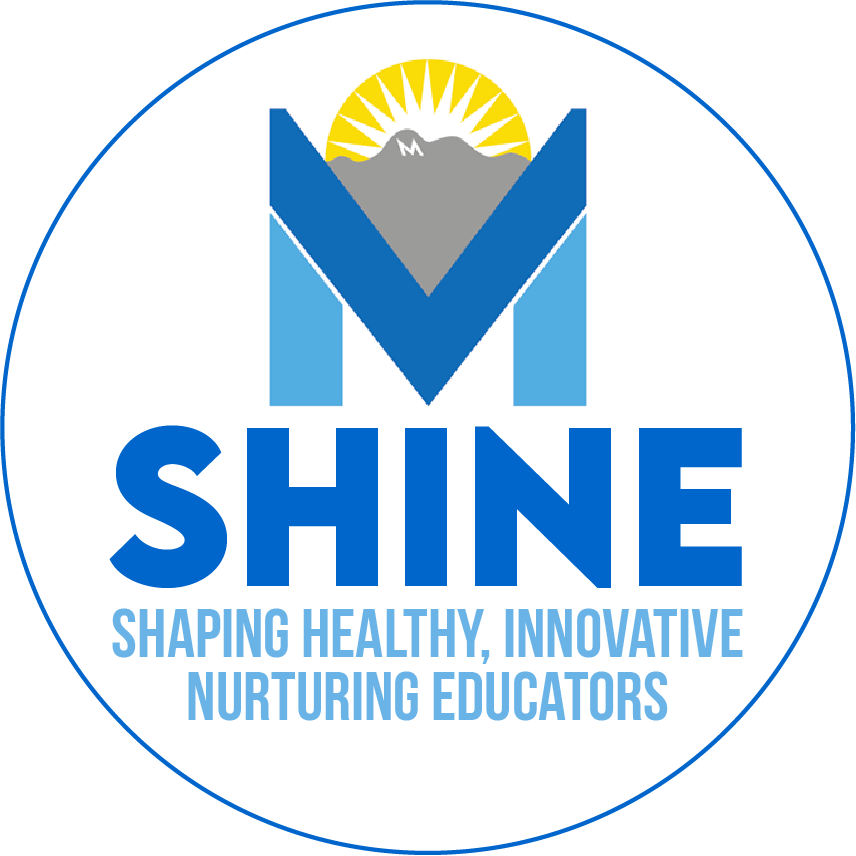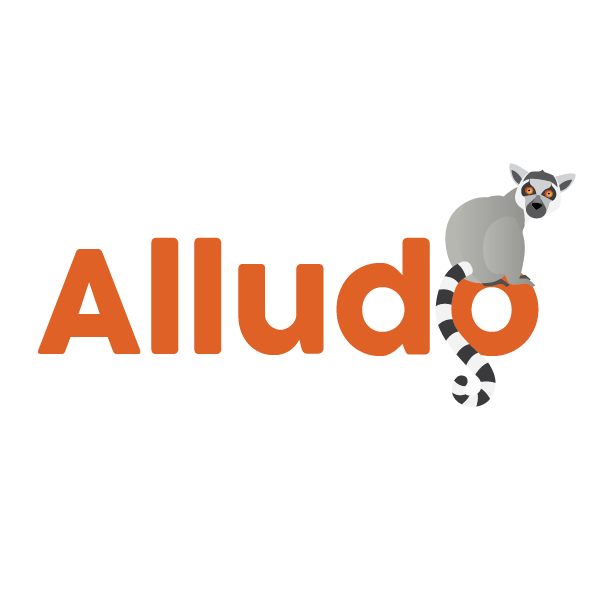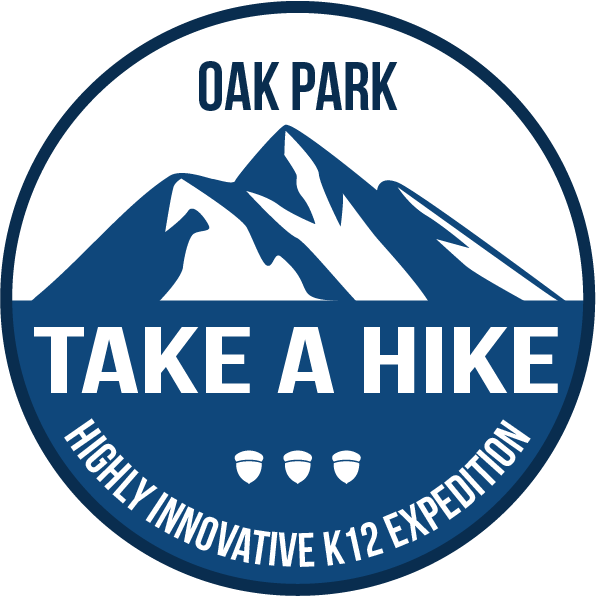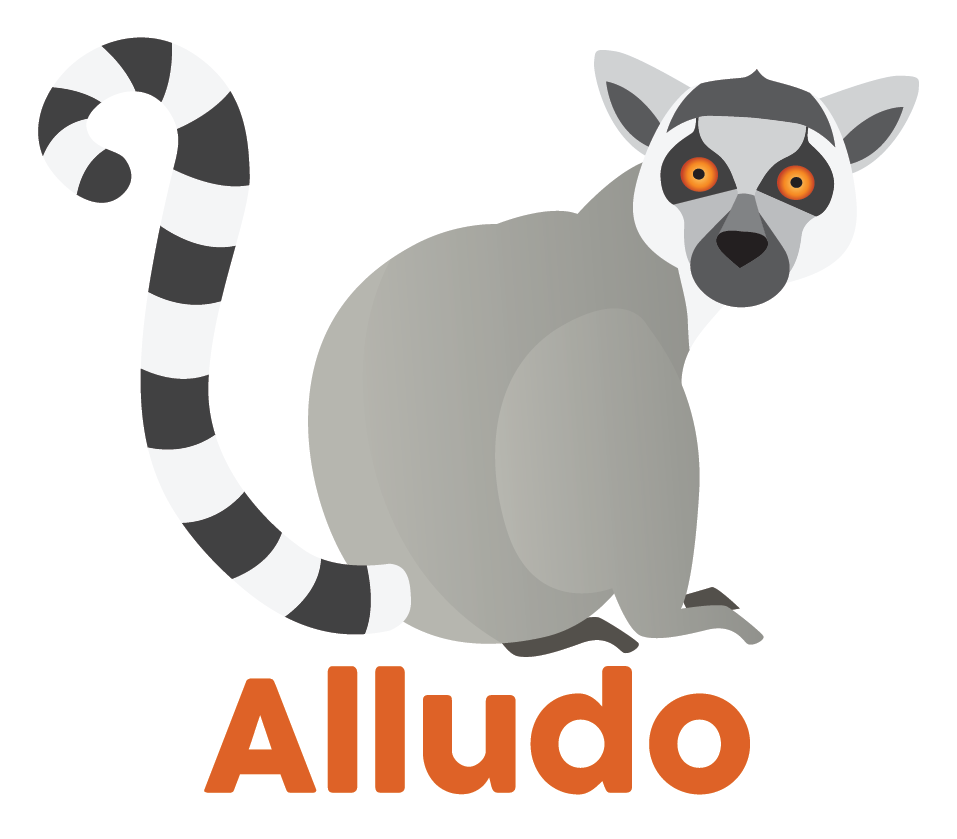UDL Representation: Comprehension (Internalize)
Learning Activity
The purpose of education is not to make information accessible, but rather to teach learners how to transform accessible information into useable knowledge. Decades of cognitive science research have demonstrated that the capability to transform accessible information into useable knowledge is not a passive process but an active one.
Constructing useable knowledge, knowledge that is accessible for future decision-making, depends not upon merely perceiving information, but upon active “information processing skills” like selective attending, integrating new information with prior knowledge, strategic categorization, and active memorization. Individuals differ greatly in their skills in information processing and in their access to prior knowledge through which they can assimilate new information.
Proper design and presentation of information—the responsibility of any curriculum or instructional methodology—can provide the scaffolds necessary to ensure that all learners have access to knowledge.
In this activity, we will dive deeper into the UDL Framework Guideline, Representation and learn more about Comprehension.
Resources
Visit the UDL Framework CAST site and read the four checkpoints for Comprehension:
More Universal Design for Learning (UDL) Activities
Quickly deploy Universal Design for Learning (UDL) lessons to your entire district.
Top districts trust Alludo to train teachers and staff





